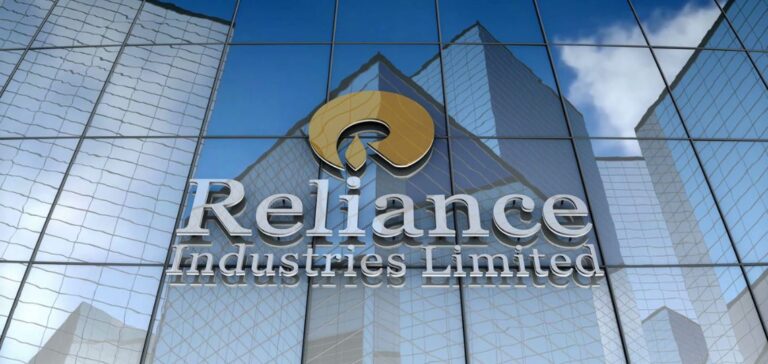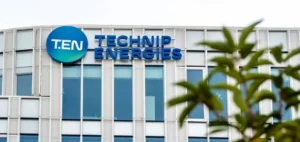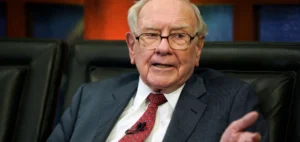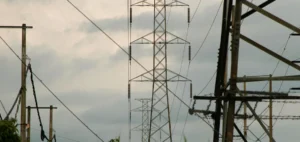Indian giant Reliance Industries announced on Friday that it had posted a lower-than-expected quarterly net profit, penalized by its oil division.
Sales down for Reliance, impacted by fall in petrochemicals business
Reliance, whose activities range from oil to telecoms and retail, posted a net profit of 160.1 billion rupees (1.95 billion USD, 1.75 billion EUR) between April and June, down 10.8% on the same period a year earlier. Sales of the conglomerate controlled by Asian tycoon Mukesh Ambani fell by 5.3% to 2,100 billion rupees ($25.7 billion) over the period. Sales from the petrochemical activities of its subsidiary O2C – which generate more than half of the conglomerate’s total revenues – fell by 17.7% year-on-year, to 1,330 billion rupees (16.2 billion USD).
“O2C has proved resilient despite short-term macro-economic challenges,” Reliance said in its statement.
He added that last year’s basis for comparison was unfavorable, as higher crude oil prices enabled this division to post particularly strong results.
“Demand was affected by destocking amid fears of economic recession and high interest rates, as well as a slower-than-expected recovery in China,” the group added.
The telecoms division, Reliance Jio, reported a 12.18% year-on-year rise in net profit, to 48.6 billion rupees (593 million USD). It gained more than 9 million new subscribers over the quarter. Finally, retail sales jumped 19.46% year-on-year to 699.4 billion rupees (8.52 billion USD) in the quarter, boosted by the opening of some 555 additional stores.
The conglomerate announced a dividend of 9 rupees per share. On Thursday, Reliance spun off its financial services arm Jio Financial Services, which should enable it to accelerate in the consumer loan sector.






















